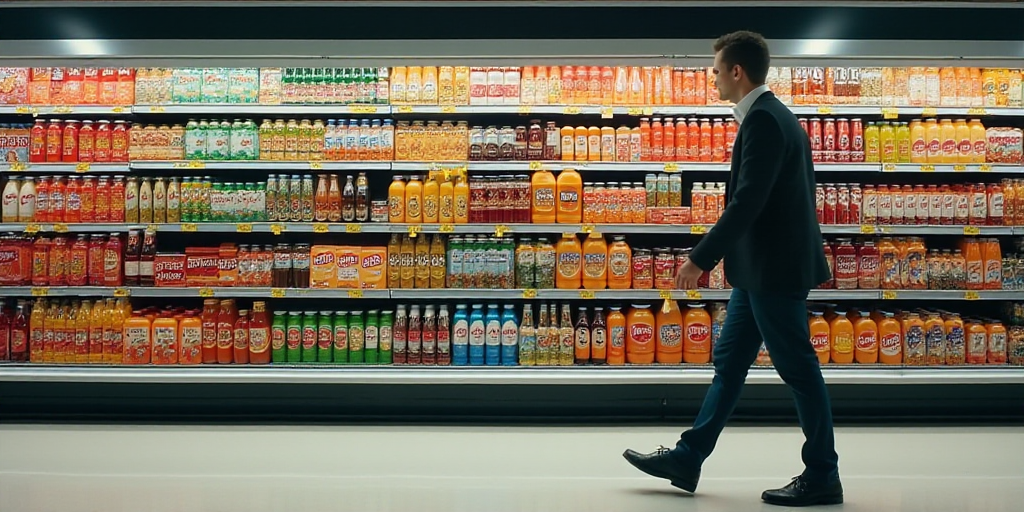Background on the Industry and Key Players
The Mexican soft drink industry, dominated by Coca-Cola Femsa and Arca Continental, has shown resilience in adapting to regulatory changes. Notably, the industry has successfully reduced sugar content and expanded its product offerings to include low-sugar or sugar-free options.
Regulatory Adaptation
In 2020, the front-of-package labeling regulation was implemented, prompting companies to reformulate their products with less sugar. This adaptation has allowed the industry to maintain double-digit growth in low-sugar or sugar-free beverage sales.
Key Players and Their Performance
- Coca-Cola Femsa: The company’s zero-sugar Coca-Cola category experienced approximately 27% growth in sales during the second quarter of 2021, despite challenging consumption and economic conditions.
- Arca Continental: The second-largest Coca-Cola bottler reported a 23.9% increase in Coca-Cola Zero sales between April and June of 2021.
Expert Opinions on Consumer Behavior and Campaign Impact
Economists and industry experts, such as Humberto Calzada from Rankia Latam and Roberto Solano from Monex Casa de Bolsa, believe that sugary beverages remain a staple in Mexican consumers’ habits. They do not anticipate significant declines in demand due to the upcoming government campaign.
Consumer Preferences and Health Awareness
Experts emphasize that low-sugar or sugar-free beverages are considered desirable goods by the population, and these products often promote healthier lifestyles. Moreover, soft drink companies have been actively promoting natural beverage options and health-focused programs.
Government Campaign Details
During a recent press conference, Mexico City’s Health Secretary, David Kershenobich, announced a new preventive campaign targeting the entire population to decrease sugary beverage consumption. The goal is to reduce the incidence of health issues related to excessive sugar intake.
Mexico ranks among the top countries for sugary beverage consumption, with an average annual intake of 166 liters per person. Seven out of ten children and adolescents consume at least one sugary drink daily, contributing to a 40% obesity rate among this demographic.
Key Questions and Answers
- Q: What is the expected economic impact on the soft drink industry? A: Experts argue that the industry’s adaptability to regulatory changes, such as front-of-package labeling and product diversification, will limit the economic impact of the government’s campaign to reduce sugary beverage consumption.
- Q: How have soft drink companies responded to regulatory changes? A: Companies like Coca-Cola Femsa and Arca Continental have successfully reduced sugar content in their products and expanded low-sugar or sugar-free offerings, maintaining growth in these product categories.
- Q: What are consumer preferences regarding sugary beverages in Mexico? A: Sugary beverages remain a staple in Mexican consumers’ habits, with high daily consumption rates among children and adolescents. However, low-sugar or sugar-free options are gaining popularity due to health concerns.
- Q: What is the government’s new campaign to address excessive sugar intake? A: The Mexican government, through the Health Secretariat, is launching a preventive campaign to decrease sugary beverage consumption and reduce health issues related to excessive sugar intake.






